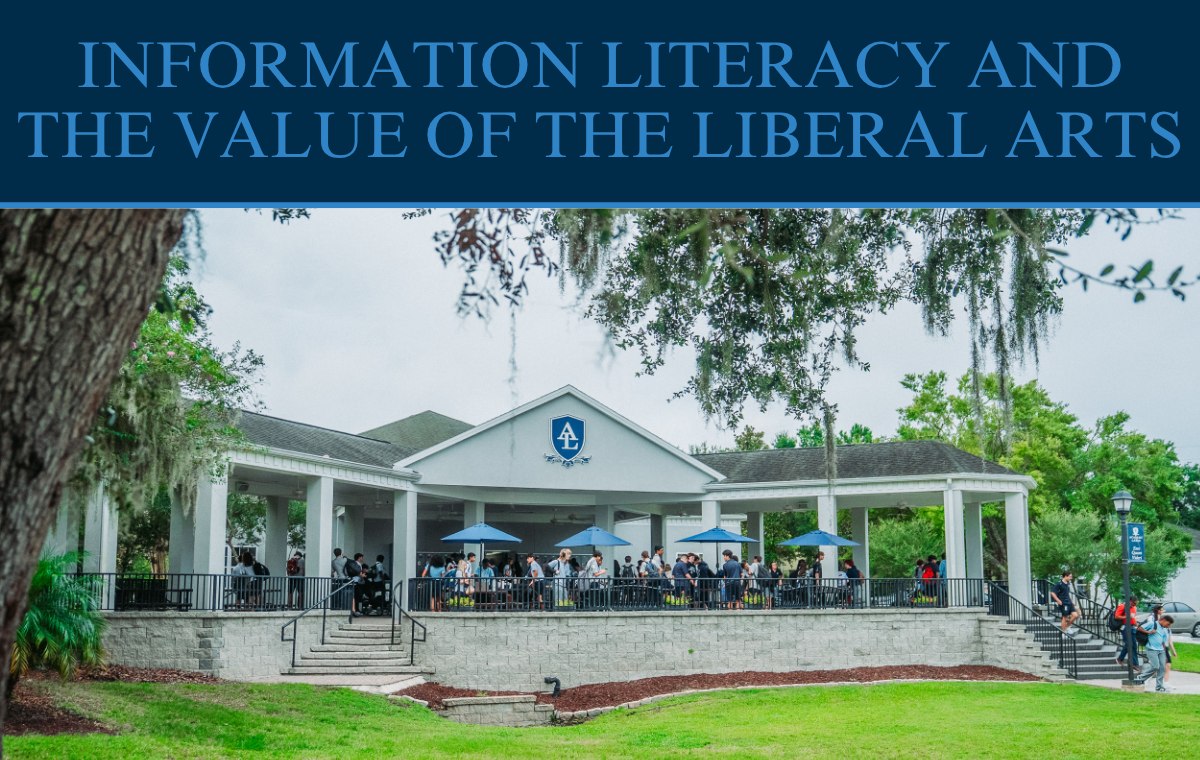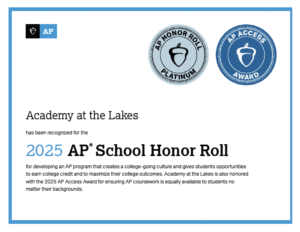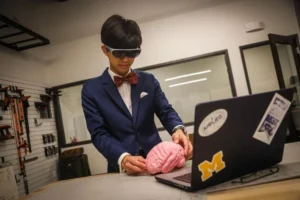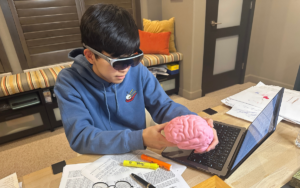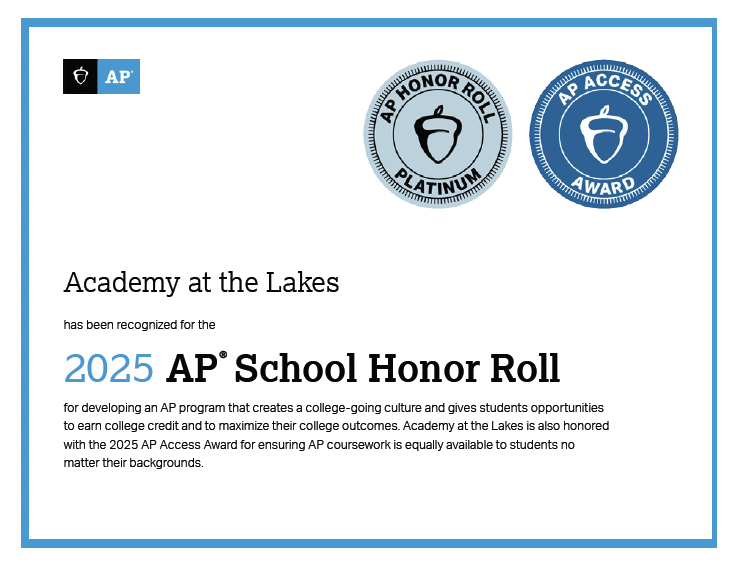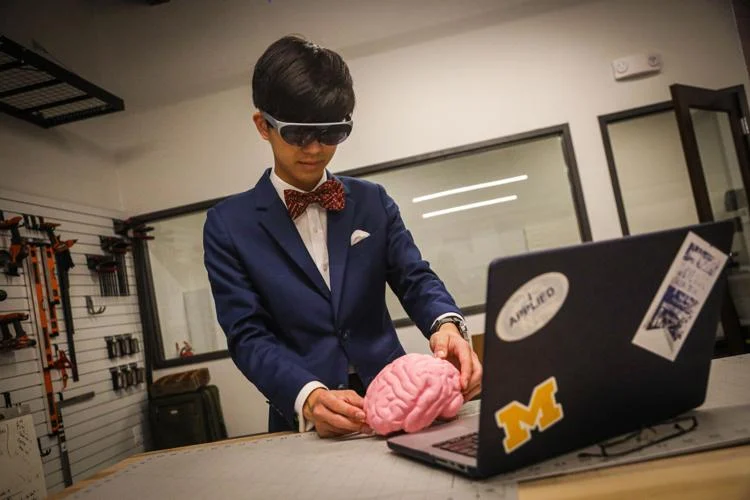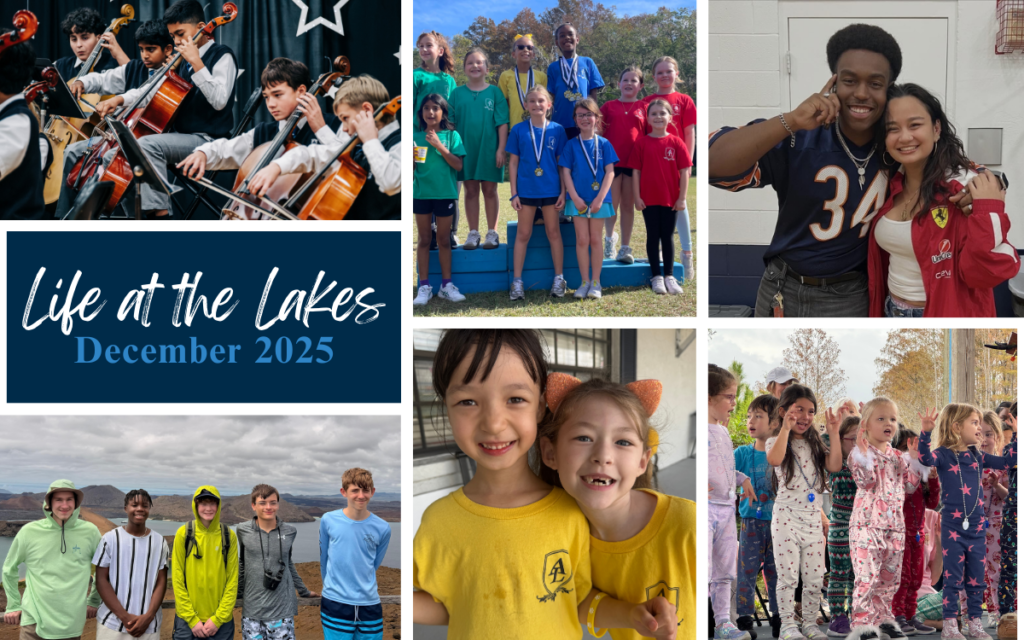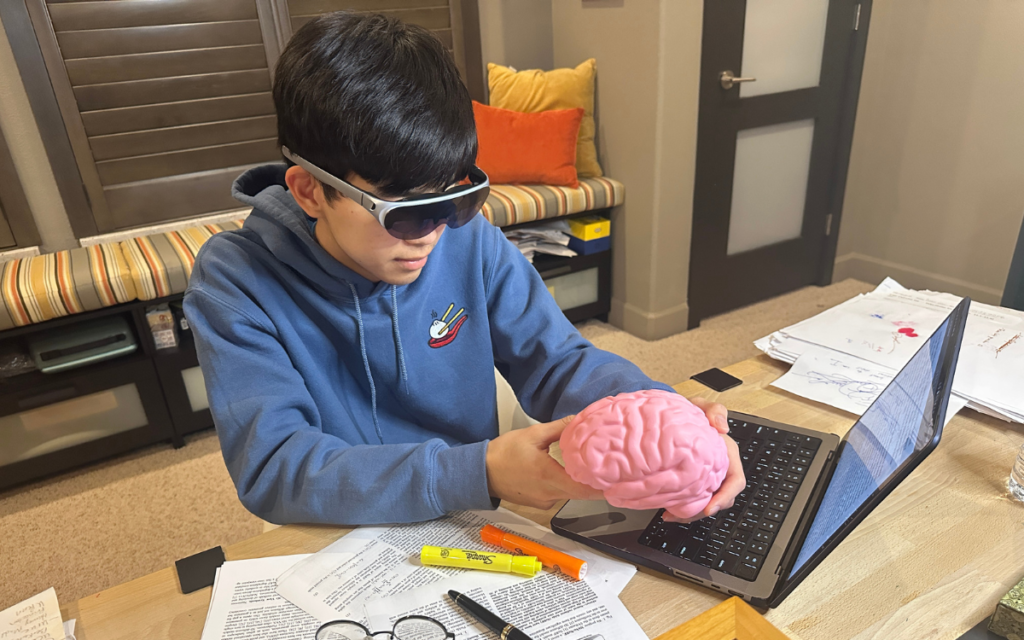Words by Mark Heller, Head of School
In today’s media-saturated world, the ability to discern fact from fiction is no longer optional — it is essential. As disinformation and “deepfakes” increasingly infiltrate social media, news outlets, and even mainstream political discourse, schools bear a civic and moral responsibility to teach students how to critically engage with the information that shapes their understanding of the world. This responsibility aligns closely with the mission of the liberal arts: the study of a broad range of disciplines (including, literature, history, science, mathematics and art) that cultivate critical thinking, reasoning, communication, and problem-solving skills. Through this foundation, students develop sound judgment rooted in the rich traditions of Western thought and culture, preparing them to navigate an increasingly complex world with confidence.
Information literacy — the ability to evaluate sources, recognize bias, and distinguish evidence-based claims from propaganda — must be an integral element of the K–12 curriculum. Today’s students are exposed to misinformation well before they reach voting age, often through memes, “deepfakes”, YouTube influencers, or algorithm-driven social media platforms. When left unchallenged, disinformation about science, history, race, gender, and democracy doesn’t just mislead — it can foster cynicism, deepen division, and contribute to radicalization.
Today’s culture of disinformation thrives on emotional appeal, oversimplified narratives, and the delegitimization of credible institutions. Without thoughtful education, young people are especially vulnerable to these tactics. A well-designed information literacy program does not indoctrinate; it empowers. It teaches students to ask the right questions: Who is behind this message? What evidence is presented? Are there credible counterpoints?
Education in the liberal arts serves as a bulwark against manipulation by equipping students with the tools to think independently and ethically. This means not just teaching media literacy in isolated units but weaving it into every subject – from analyzing primary sources in history to assessing scientific claims in biology. When embedded throughout their education, information literacy becomes not just a skill, but a habit of mind.
Ultimately, the health of our democracy depends on an informed and discerning citizenry. Schools cannot abdicate their responsibility in the face of coordinated efforts to distort the truth for political gain. By committing to sustained, thoughtful instruction in information literacy, educators can help students become not only more critical consumers of media, but also more engaged, responsible participants in our shared civic life. We owe our children nothing less.
